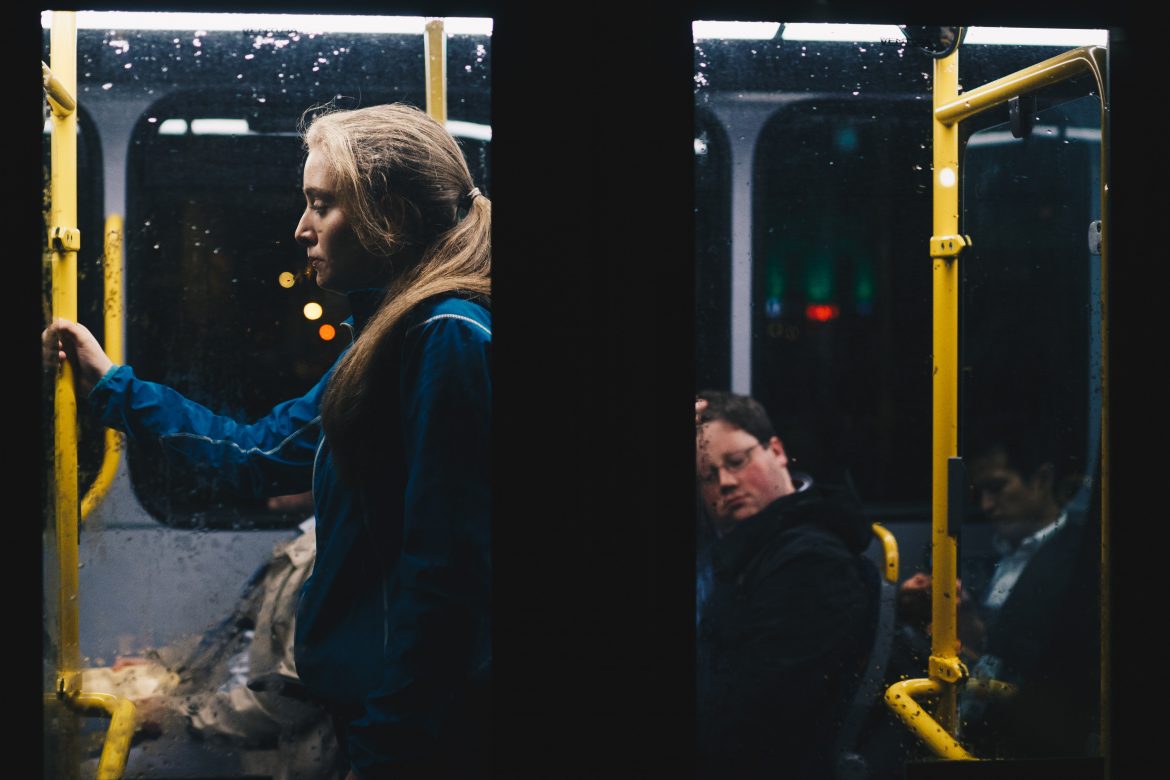“Don’t walk home late at night on your own. Get a taxi, or you’re safer getting the bus, where there’s people around.”
As women, we have all heard this narrative. Many of us have walked that little bit faster after a certain time, or rung a friend to seem less approachable, or held keys between fingers in case you need to use them in defence.
The list goes on for ways women try to protect themselves when the sky darkens.
But the idea that hopping on a bus after a night out or after a late class is safer than walking anywhere is one of false hope.
Following the launch of Women’s Night Safety Charter at South West London Safer Streets conference last month, it raised the question of women not only feeling safe at night time, but also during the day.
When I moved to London from a small village in Ireland, the thought of getting on a bus, tube or Uber rather than walking anywhere by myself late at night gave me a sense of relief. Unfortunately, this didn’t last long.
Two months into my move, I was followed on a busy tube by a man who insisted on sitting beside me every time I changed seats to get away from him. He continued to stare into my soul as I tried to ignore him and made unsettling noises.
This happened at 1pm. It was bright and there were people around. Nobody spoke. Nobody told him to stop. I was terrified.
My housemates would also come home at least once a week with another story about a disturbing incident on their commute from work.
I quickly realised that even on public transport, surrounded by people, you can still feel unsafe, especially as a woman.
But what can we do about it? Why do people find it hard to speak up when they see this happening? What can a woman genuinely do when she feels unsafe on the bus, train or taxi?
“People may feel scared when they see women being harassed because of the potential consequence on themselves if they were to challenge the perpetrator,” says Leyla Buran, Campaigns and Policy Manager at White Ribbon.
“This is completely understandable and normal. You should not risk your personal safety, but know that there are many non-confrontational ways you can support women in that situation.”
If you’re on public transport and have a phone, you can text 61016 to report it to the British Transport Police.
Unfortunately in this situation, all of this information may leave your mind.
My friend came home last week, upset and feeling uneasy. She had been minding her own business on the bus when a man sat opposite her and started to reach for his trousers. You can imagine the rest.
She felt her only option in that moment was to get off at the next stop. It wasn’t near our house. It wasn’t where she intended to get off. However, what other choice did she have?
Rather than women removing ourselves from these situations, there needs to be a system put in place to stop this from happening, such as immediate removal of the perpetrator or harsher punishments for those who do harass women.
“Our honest advice to women would be to reassure them that this feeling is not their fault. However, we also understand the realities of these experiences, and that men and boys need to do more to create a positive culture change where they don’t feel fear,” said Buran.
A Twitter poll conducted by me found 83.3% of women have felt unsafe or uncomfortable on public transport.
However, a spokesperson from the Confederation of Passenger Transport said: “With over four million people travelling by bus every day, operators and drivers put passenger safety at the top of their priorities in the services they provide, with 94% of all buses having CCTV onboard.
“On the rare occasion that female passengers experience anti-social behaviour, operators always act decisively to ensure their safety, with many having direct links with local police for additional support.”
Is this enough though? Sometimes it feels like a lost cause for women on public transport, day or night. 83.3% of women agree.





